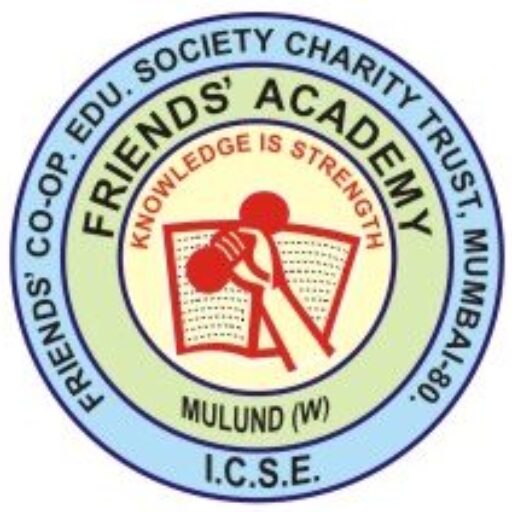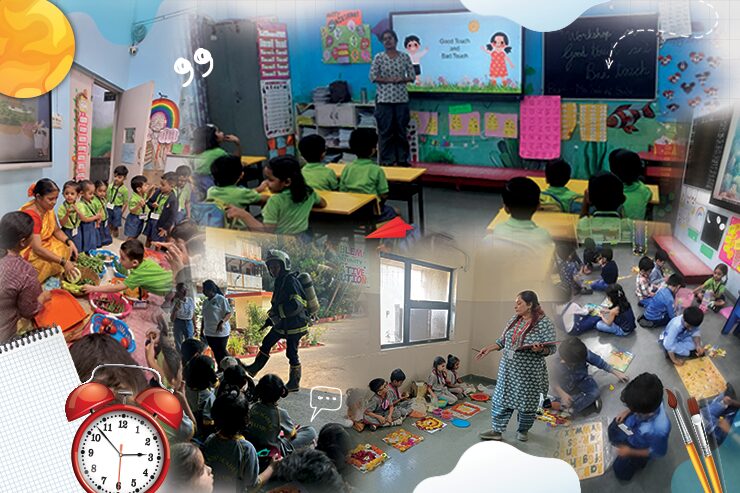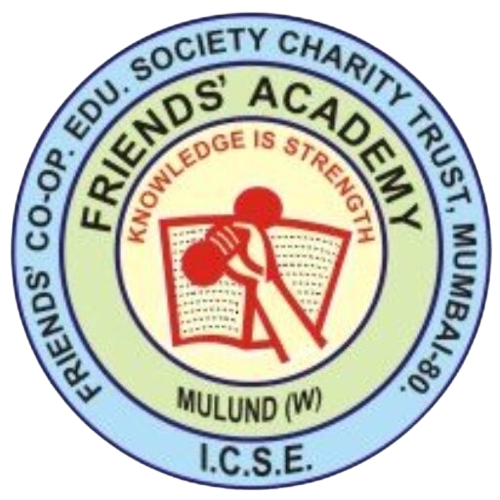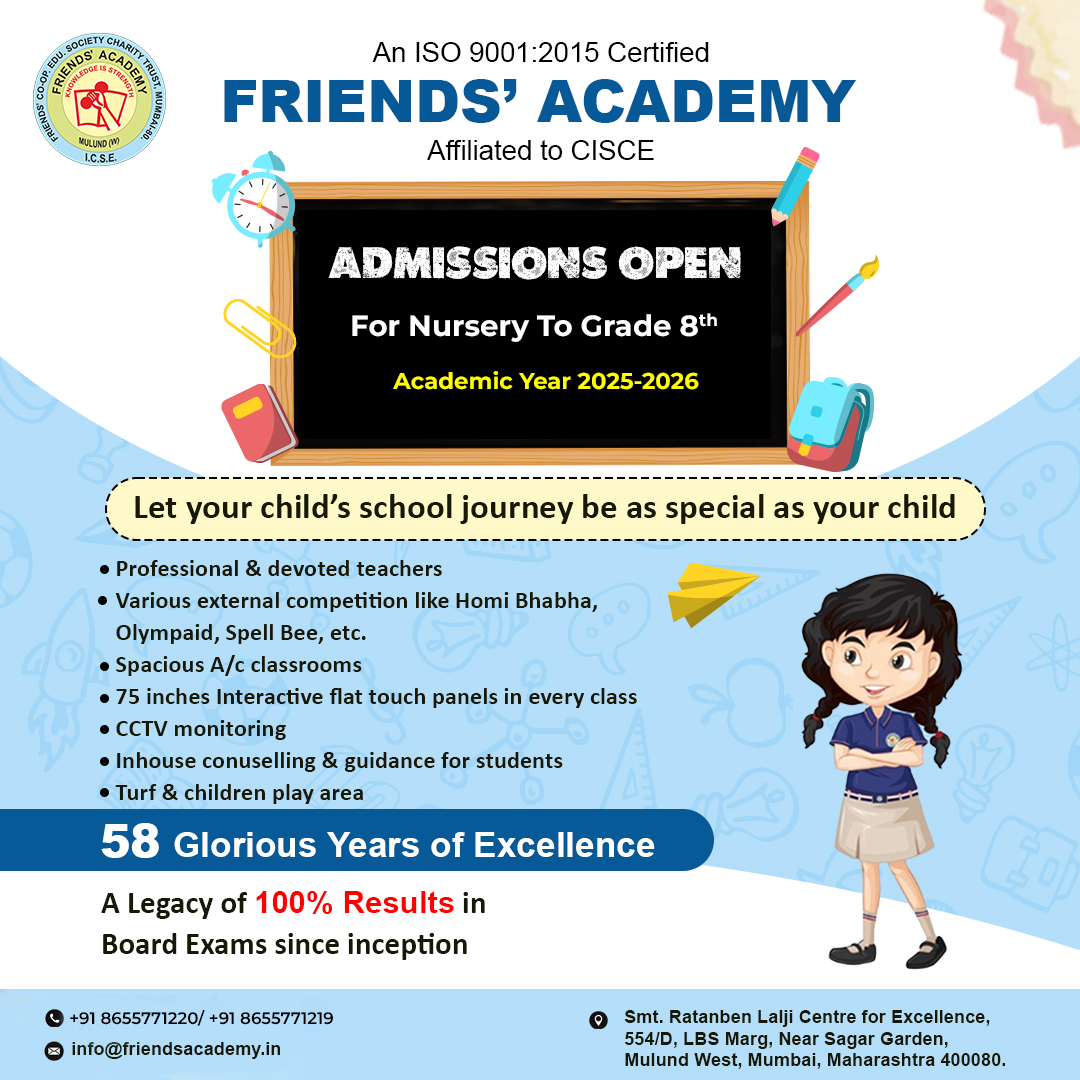Early childhood education lays the foundation for a child’s academic, social, and emotional development. In ICSE schools, where the curriculum emphasizes holistic learning, it is essential to adopt engaging, interactive, and student-centered teaching strategies. Here are some of the best teaching methodologies for early childhood education in an ICSE setting:
1. Play-Based Learning
Young children learn best through play. Incorporating educational games, role-playing, and interactive storytelling enhances creativity, problem-solving skills, and cognitive development. Play-based learning aligns well with the ICSE curriculum, which promotes activity-based education.
2. Experiential Learning
Children grasp concepts better when they experience them firsthand. Teachers can introduce hands-on activities, nature walks, science experiments, and sensory play to make learning fun and meaningful. The ICSE syllabus encourages experiential learning to develop critical thinking and analytical skills. Hence, most schools incorporate different experiments that help children memorize concepts easily.
3. Interactive Teaching Methods
Encouraging participation through group discussions, question-answer sessions, and classroom debates fosters confidence and communication skills. The ICSE curriculum emphasizes concept-based learning over rote memorization, making interactive teaching highly effective. This is one of the best ways to help children improve their interaction with others.
4. Storytelling and Literature-Based Learning
Storytelling fosters imagination, comprehension, and language development. Teachers can introduce folk tales, fables, and age-appropriate literature, linking them with moral values and real-life applications to make learning impactful. Additionally, skits and dramas can enhance learning in a more effective manner.
5. Technology-Integrated Learning
Smart classrooms, digital storytelling, and educational apps help make learning engaging. E-learning resources, interactive videos, and gamified lessons align well with the ICSE’s modern educational approach while catering to different learning styles.
6. Inquiry-Based Learning
Encouraging curiosity through questions, exploration, and experimentation helps develop an inquisitive mindset. Simple activities like “Why does the sun rise?” or “How do plants grow?” stimulate critical thinking, an essential part of the ICSE education philosophy. Learning based on real-world questions helps children grasp fundamental concepts quickly.
7. Social and Emotional Learning
Fostering emotional intelligence and interpersonal skills is crucial in early childhood education. Teachers should focus on collaborative learning, teamwork, kindness, and mindfulness activities to create a positive classroom environment.
Effective teaching strategies in ICSE early childhood education focus on fostering creativity, critical thinking, and experiential learning. By implementing interactive, student-centered, and multi-sensory teaching methods, educators can lay a strong foundation for young learners, preparing them for future academic success and holistic growth.
For schools looking to enhance their early childhood education program, integrating these methodologies will ensure a dynamic, engaging, and enriching learning experience for young minds.
At Friends’ Academy, we employ the best teaching methodologies that help your child focus, grow, and learn. We understand that at every stage, a child requires new and engaging learning methods to stay interested in studies and pursue their dreams. As the best ICSE school in Mulund, we take pride in providing students with every facility and opportunity needed to help them learn and thrive.



